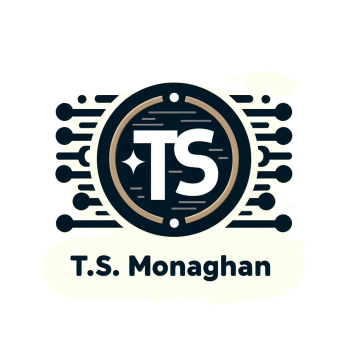Navigating the landscape of freelance writing compensation can seem daunting. For those managing a blog, it’s crucial to find the sweet spot between offering equitable pay and maintaining your financial plan. What then is the appropriate remuneration for your writers? Here’s an analysis:
- Typical Income for Freelance Writers Freelance writers, on average, make about $24.22 hourly. Considering a standard workweek of 40 hours, this amounts to nearly $50,000 annually. Quite decent, isn’t it?
But let’s examine the details further:
- A significant 91% of first-year writers earn below $30,000.
- It takes 6-10 years for half of the writers to break into the $100,000 income bracket.
- Diving deeper:
- Over half of freelance writers make under $30,000 each year.
- 18% earn between $31,000 and $50,000.
- 5% are in the $100,000 to $125,000 income range.
- A mere 4% exceed $125,000 annually.
In essence, over 70% of freelance writers earn under $50,000 yearly, and under 10% surpass the $100,000 threshold. To give context, half of the freelance writers dedicate merely 10 hours weekly to their craft. The optimal earnings range for 20% of writers is between $50,000 and $100,000 per annum.
- Determining Your Payment Structure Discussing the structuring of freelance writing fees is next. A prevalent method is the per-word charge, which provides transparency for both parties involved. Here’s the rate spectrum:
- Novice Writers: Generally charge from $0.03 to $0.06 for each word.
- Mid-Level Writers: Their rates span from $0.07 to $0.12 per word.
- Seasoned Writers: They typically receive $0.13 to $0.20 per word.
- Top-Tier Writers: Rates can escalate to $0.21 to $0.30 for each word.
- Interesting Insights on Per-Word Charges
- Around 27% of writers bill between $250 and $399 for crafting a 1500-word article.
- Writers with annual earnings exceeding $100,000 often charge at least $1000 for each post.
Keep in mind, these charges are not set in stone and vary based on several elements, including the specific project requirements and the writer’s level of expertise.
- Additional Factors to Consider
- Subject Matter Complexity: More intricate or niche topics might justify higher fees.
- Research Necessity: Adequate compensation for thorough research should be considered.
- Professional Experience: More seasoned writers typically command higher rates.
- Article Length: Longer pieces should naturally attract greater compensation.
- Expected Quality: Premium content warrants a higher pay scale.
Finding an equilibrium is key to ensuring just compensation for writers and the prosperity of your blog. Here’s to fruitful writing endeavors! 📝💡

Leave a Comment